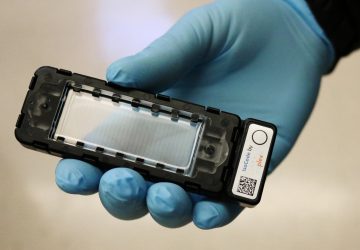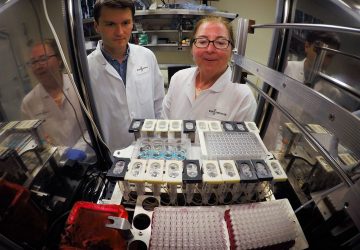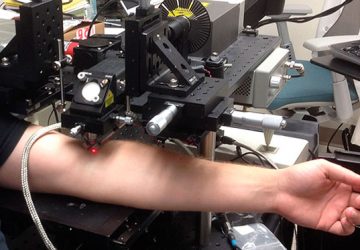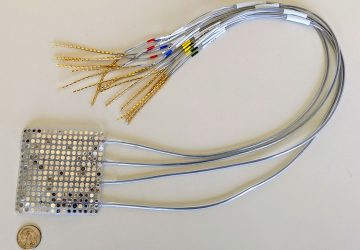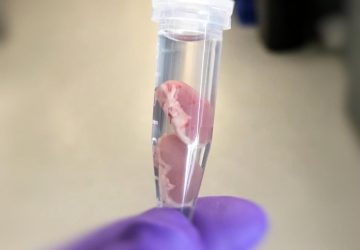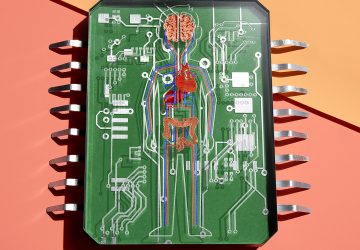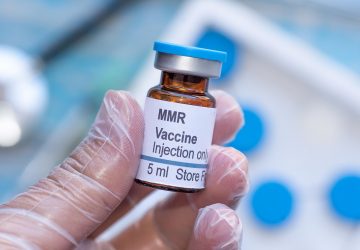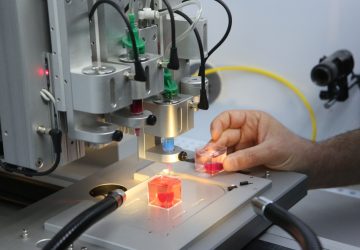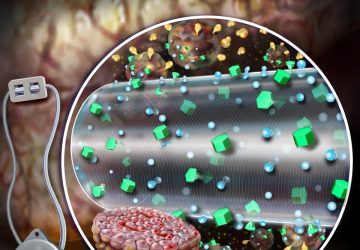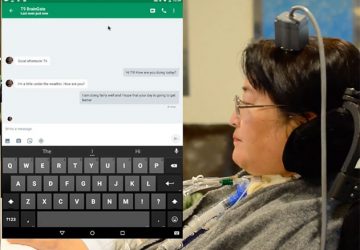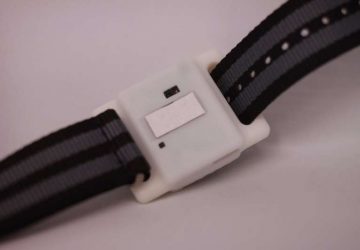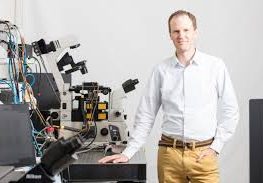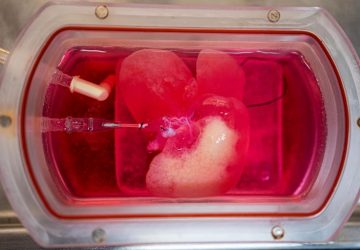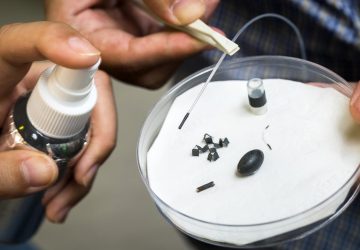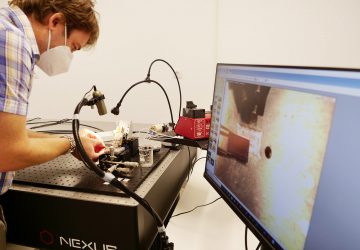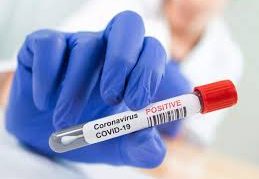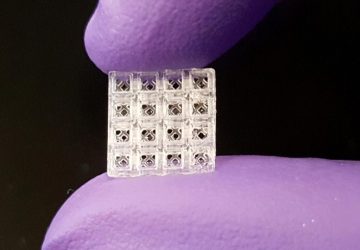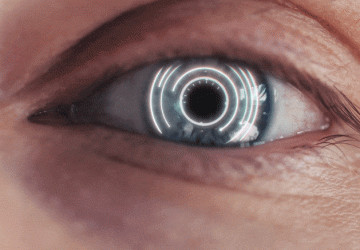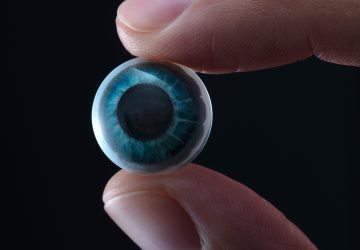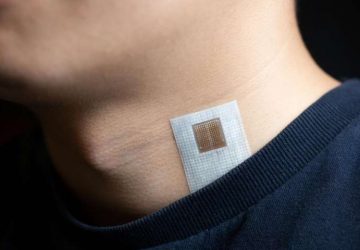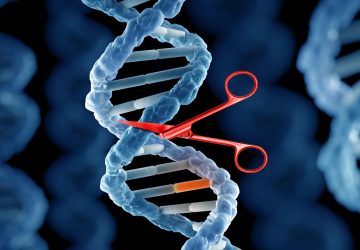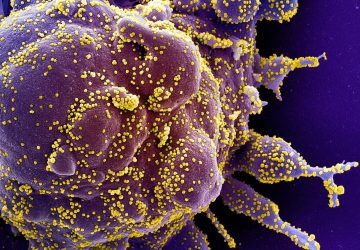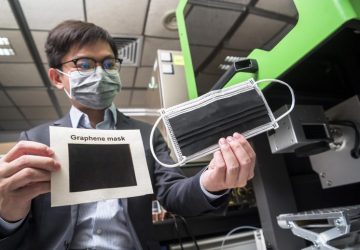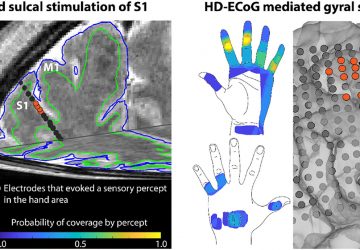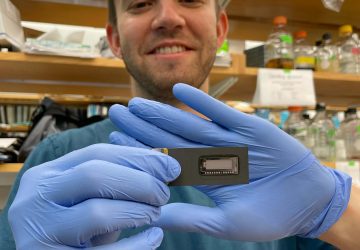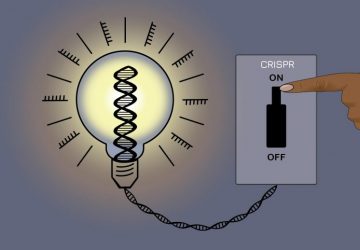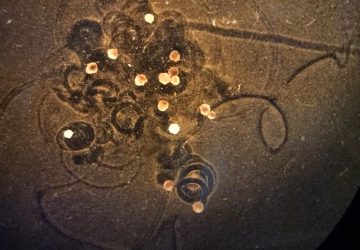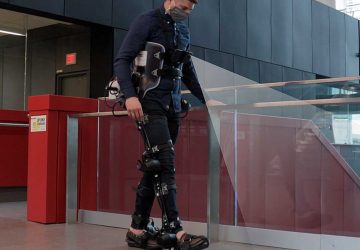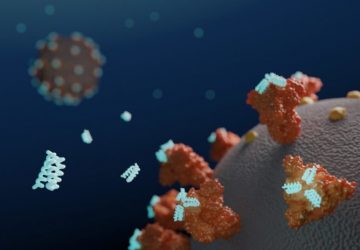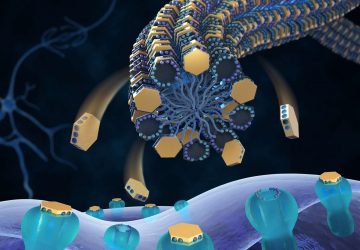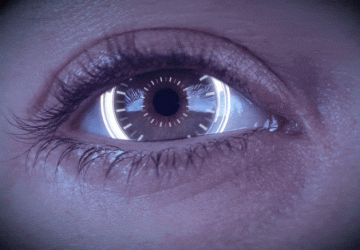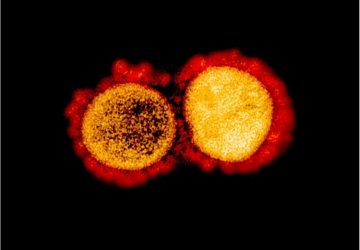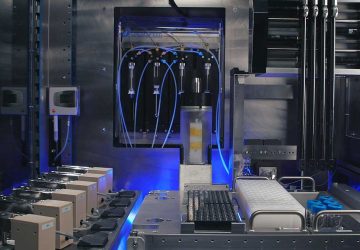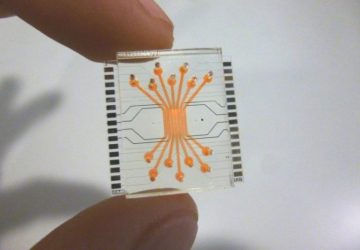Gates/Bezos-funded charity champions research into methods for early detection of Alzheimer’s disease The Alzheimer’s Drug Discovery Foundation (ADDF) just announced the first award recipients of their $50 million Diagnostics Accelerator research program, an initiative funded by Bill Gates, Jeff and MacKenzie Bezos, and former Estée Lauder CEO Leonard Lauder, among others. The four recipients, chosen from a pool of 300 applicants across 30 countries, are developing reliable, cost-effective ways to…
Read MoreLaser Destroys Cancer Cells Circulating in the Blood
The first study of a new treatment in humans demonstrates a noninvasive, harmless cancer killer Tumor cells that spread cancer via the bloodstream face a new foe: a laser beam, shined from outside the skin, that finds and kills these metastatic little demons on the spot. In a study published today in Science Translational Medicine, researchers revealed that their system accurately detected these cells in 27 out of 28 people with…
Read MorePaediatric tumour test could lead to personalised cancer treatment
A new tumour analysis test has been used to provide more information about cancer in children; something that researchers believe could be used to guide personalised treatments in the future. The test, developed by scientists at the University of British Columbia and BC Children’s Hospital, has been used on nine cancer types across 28 patients. In all cases, the analysed tumours were from children. By testing paediatric cancers, the researchers…
Read MoreWearable Device Scrubs Cancer Cells from Blood
Researchers shrink oven-size machine for diagnosing and halting the spread of cancer to something worn on the wrist A new wearable device, tested on animals, can capture and remove tumor cells circulating in the bloodstream. With further development, the blood-filtering gadget could be used to diagnose, and perhaps treat, metastatic cancer in humans. Inventors of the microfluidic device, at the University of Michigan, described it last week in the journal Nature Communications. Catching cancerous cells…
Read MorePhage Therapy Win: Mycobacterium Infection Halted
When Graham Hatfull, PhD, a professor at the University of Pittsburgh specializing in phage biology and James Soothill, MD, a microbiologist at Great Ormond Street Hospital for Children (GOSH) in London, met over 20 years ago at a phage biology meeting in Tbilisi, Georgia, they could not have predicted that they would one day collaborate to save the life of a teenage girl with a Mycobacterium infection. But, when a 15-year-old…
Read MoreCornell scientists discover new ‘jumping’ superbug gene
While sifting through the bacterial genome of salmonella, Cornell University food scientists discovered mcr-9, a new stealthy, jumping gene so diabolical and robust that it resists one of the world’s few last-resort antibiotics. Doctors deploy the antibiotic colistin when all other infection-fighting options are exhausted. But resistance to colistin has emerged around the globe, threatening its efficacy. “This last-resort antibiotic has been designated a highest-priority antibiotic by the United Nations’…
Read MoreBrain Implant Can Say What You’re Thinking
A brain-computer interface that records signals in the motor cortex can synthesize speech from activity in a user’s brain Two years ago, a 64-year-old man paralyzed by a spinal cord injury set a record when he used a brain-computer interface (BCI) to type at a speed of eight words per minute. Today, in the journal Nature, scientists at the University of California, San Francisco, present a new type of BCI, powered…
Read MoreProfile: IsoPlexis Analyzes Thousands of Cells to Fight Cancer
Software and microelectronics fabrication techniques let research identify powerful immune cells Cancer patients’ bodies contain immune cells that, through successful immunotherapy, can deliver proteins to destroy tumors. But it had been difficult in the past to identify which immune cells were the most powerful. Now, IsoPlexis, a life sciences startup based in Connecticut, has created “microchips” that quickly identify 42 proteins emitted from thousands of individual cells. Software then analyzes…
Read MoreMice reveal 38 new genes involved in hearing loss
Molecular pathways revealed could identify potential drug targets for restoring hearing Multiple new genes involved in hearing loss have been revealed in a large study of mouse mutants. The new genes reveal the metabolic pathways and regulatory processes involved in hearing. Multiple new genes involved in hearing loss have been revealed in a large study of mouse mutants by researchers from the Wellcome Sanger Institute and King’s College London, and…
Read MoreNew imaging technique reveals ‘burst’ of activity before cell death
Studying the movement of tiny cells is no small task. For chromatin, the group of DNA, RNA, and protein macromolecules packed within our genome, motion is an integral part of its active role as a regulator of how our genes get expressed or repressed. “Understanding macromolecular motion is critical, but scientists know very little about it,” said Vadim Backman, Walter Dill Scott Professor of Biomedical Engineering at Northwestern University. “Part…
Read More

